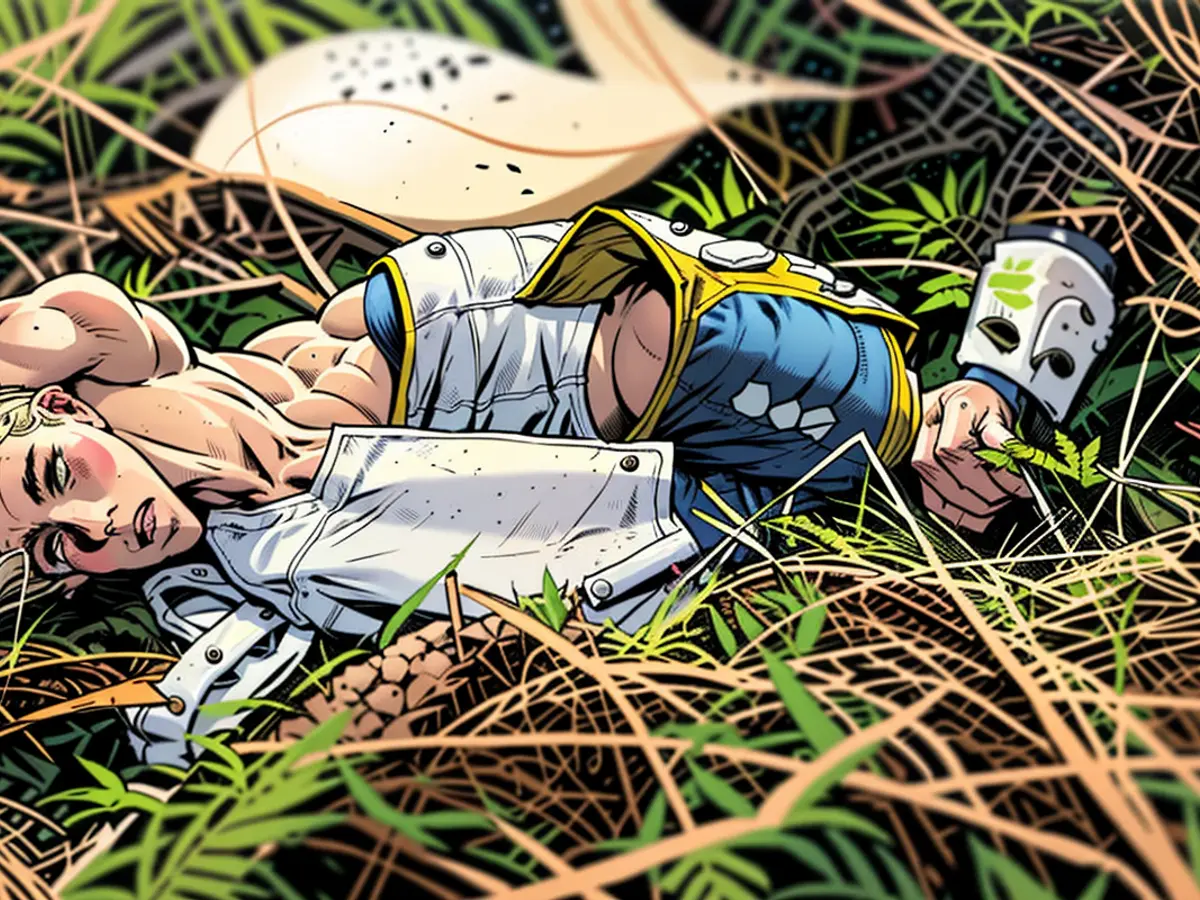- Worldwide emergency with Mpox - not enough vaccine
Multiple Mpox outbreaks in Africa and a new potentially dangerous variant are threatening global public health. The World Health Organization (WHO) has therefore declared the highest level of alarm. It has declared a "Public Health Emergency of International Concern" (PHEIC).
Concretely, this does not have any consequences. The WHO wants to use this to increase vigilance among authorities worldwide and hopes for more financial support for containment measures in Africa. The abbreviation PHEIC stands for "Public Health Emergency of International Concern".
New variant potentially more infectious
The WHO is particularly concerned about a new variant that was discovered at the end of 2023 in the Democratic Republic of the Congo. It is a sublineage of the Mpox clade I (Roman numeral one) and is referred to as Ib.
According to observations by local experts, it is likely to be more infectious than previous variants and could cause a more severe infection, said Dimie Ogoina, a Nigerian specialist in infectious diseases at the Niger Delta University. He chaired the WHO emergency committee of independent experts who recommended the emergency to the WHO.
EU agency sees little risk in Europe
The European Centre for Disease Prevention and Control (ECDC) assessed the risk of the new variant spreading in Europe as "very low" at the end of July. According to the Robert Koch Institute (RKI), there are no known cases of clade I so far.
"Mpox is not easily transmitted," said virologist Marion Koopmans of Erasmus University Rotterdam. "It is spread through direct contact and is therefore - theoretically - relatively easy to stop if it is diagnosed and recognized."
The Ib variant is spreading through sexual contacts, among others, said Ogoina. In the Democratic Republic of the Congo, however, small children are also infected to a large extent, accounting for a large number of deaths.
More than 14,000 suspected cases and more than 500 deaths have been reported this year from the Democratic Republic of the Congo and other countries - more than in the entire previous year. Ogoina warned that this could be just the tip of the iceberg because not enough testing is being done and not all infected people are going to doctors.
Mpox used to be called monkeypox because it was first detected in monkeys by chance. In general, the WHO does not want to name diseases after animals or countries where they are discovered to prevent discrimination.
The virus is related to the classic smallpox virus (Variola virus). It mainly causes skin rash, but also fever and muscle pain. There are two vaccines, but by no means enough doses, especially not in Africa.
Who has the vaccine?
Tim Nguyen of the WHO said that 500,000 doses of the MVA-BN vaccine are available for purchase. Another 2.4 million could be produced by the end of the year if there are firm orders. The WHO appealed to donor countries to provide funds for this. It also asked countries with stockpiles to donate doses. The second vaccine, LC16, is produced in Japan, but not commercially, said Nguyen. Japan, however, is always very generous with donations.
The EU has already announced that it will make available around 175,000 doses of the MVA-BN vaccine. The manufacturer, the pharmaceutical company Bavarian Nordic, wanted to donate 40,000 doses.
How the world mastered the outbreaks in 2022
The WHO had previously declared an emergency in July 2022 due to Monkeypox. Suddenly, cases of the disease, which was previously almost exclusively known in Africa, were reported from more than 60 countries, including Germany. The infections were attributed to Clade II, which causes milder disease courses.
In Germany, the number of cases decreased significantly after raising awareness among risk groups and implementing vaccination programs from August 2022 onwards. In May 2023, the WHO lifted the emergency as the infection situation had been brought under control in most countries.
The European Union, along with other global authorities, is closely monitoring the situation of the new Mpox variant, as the World Health Organization (WHO) has declared a "Public Health Emergency of International Concern" (PHEIC). Despite the European Centre for Disease Prevention and Control (ECDC) assessing the risk in Europe as "very low", the European Union has announced its intention to provide around 175,000 doses of the MVA-BN vaccine to aid in containment efforts.








